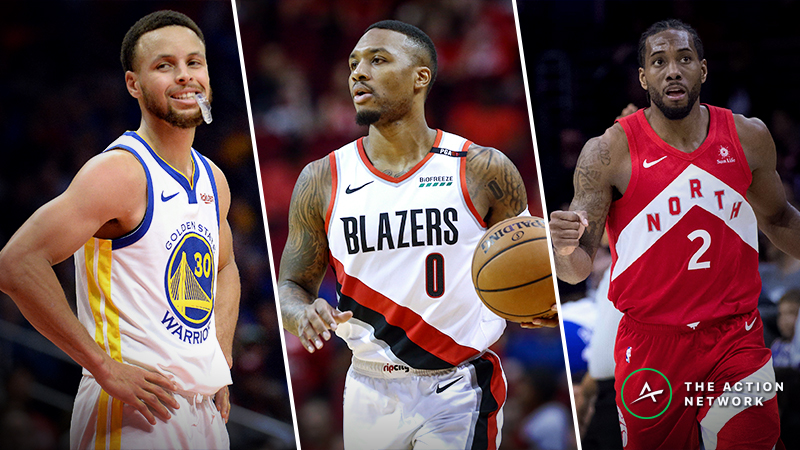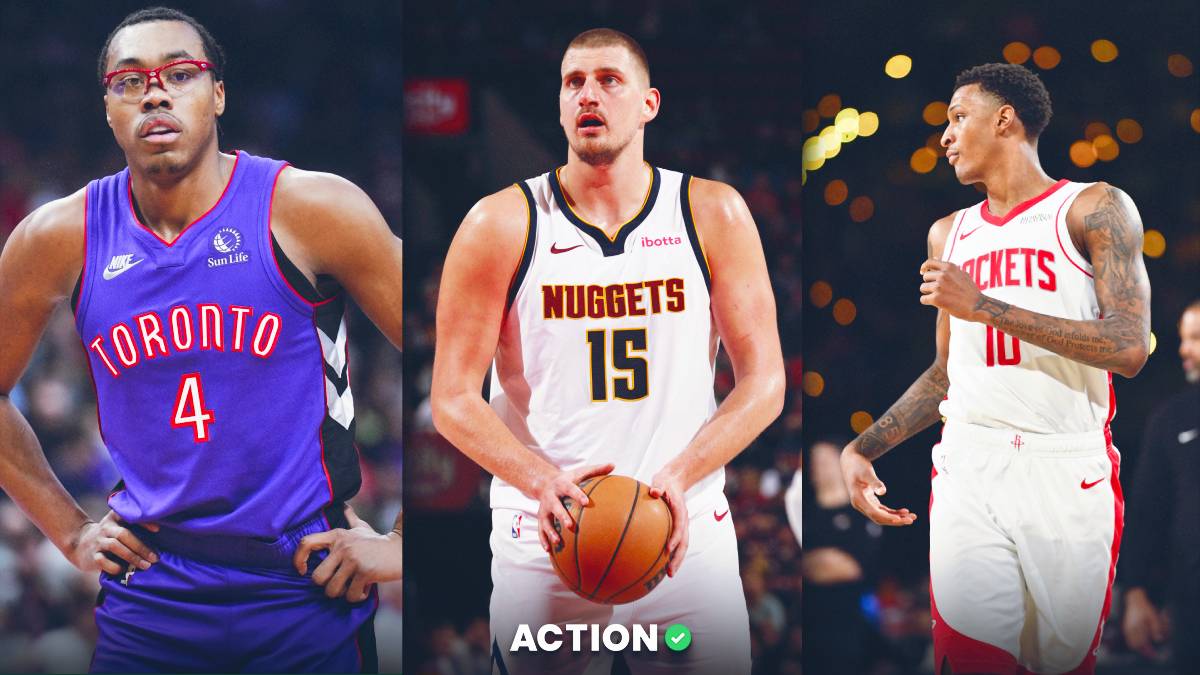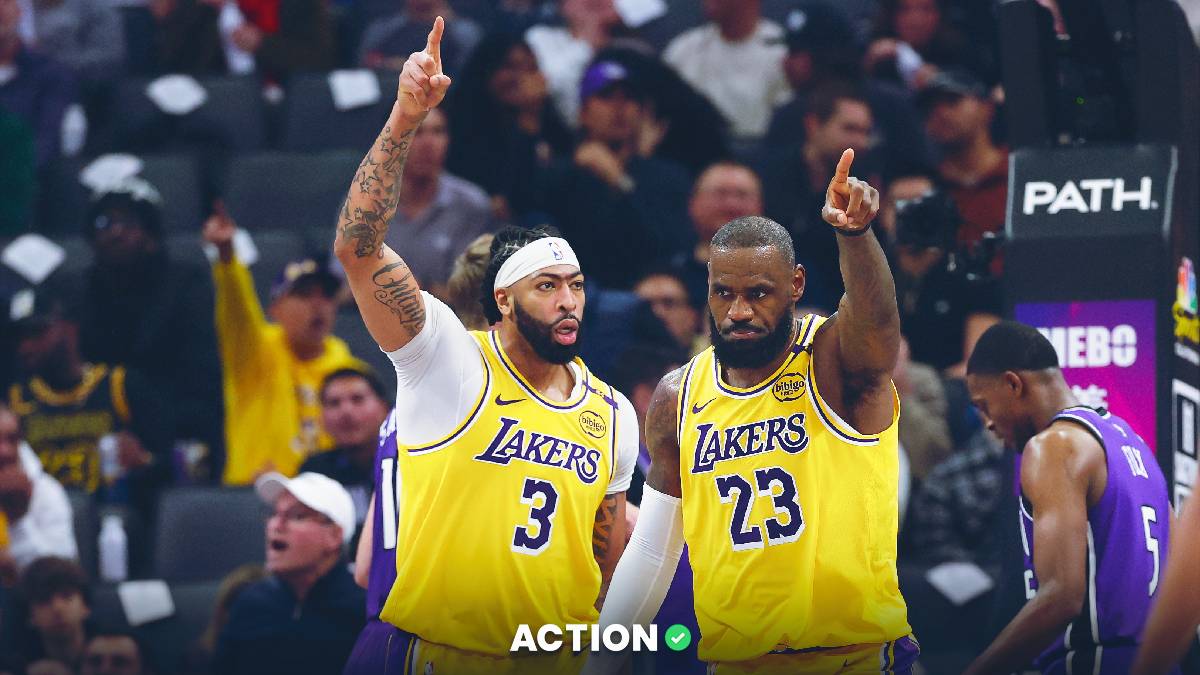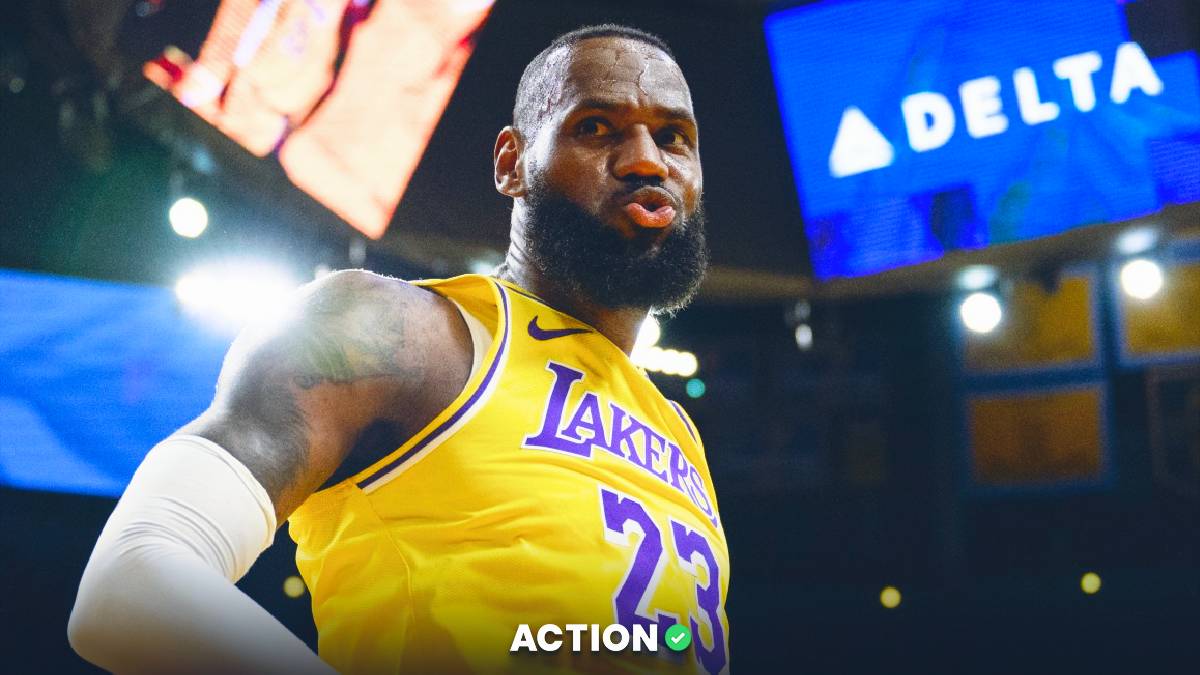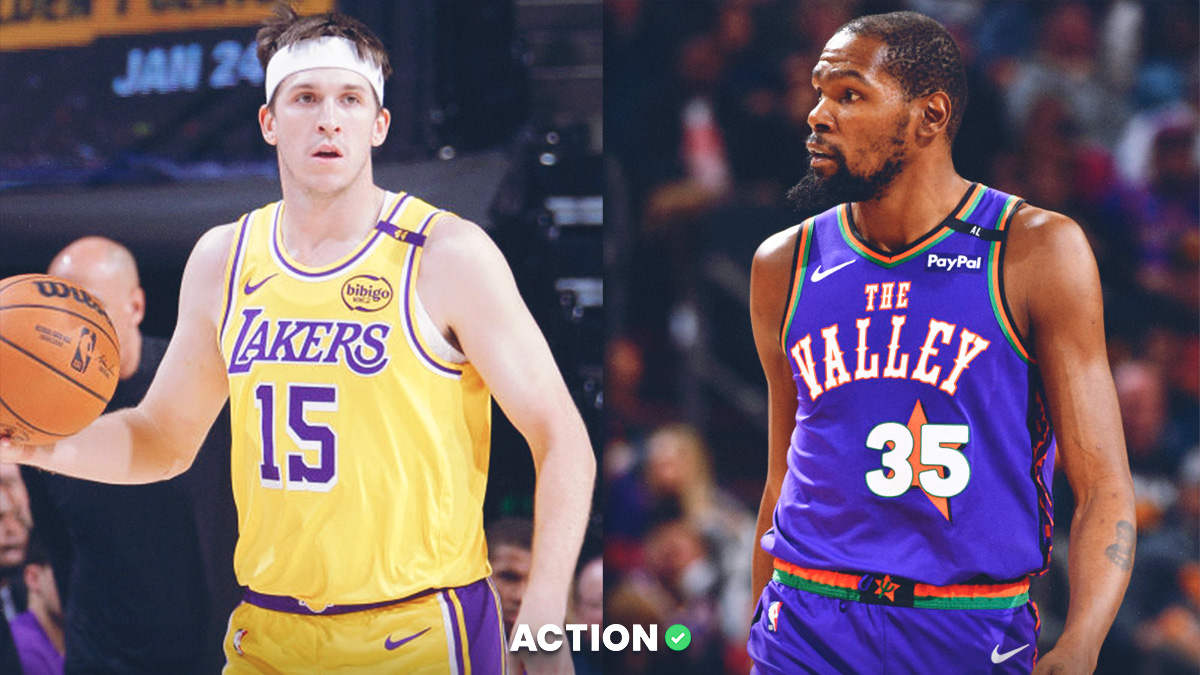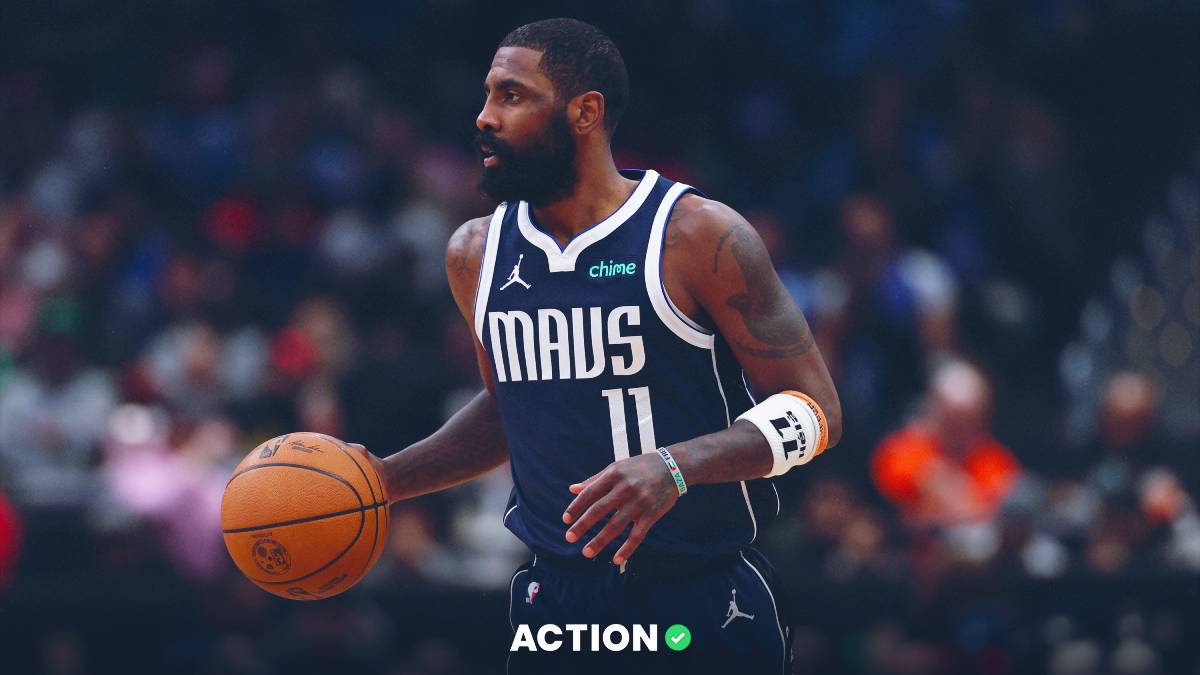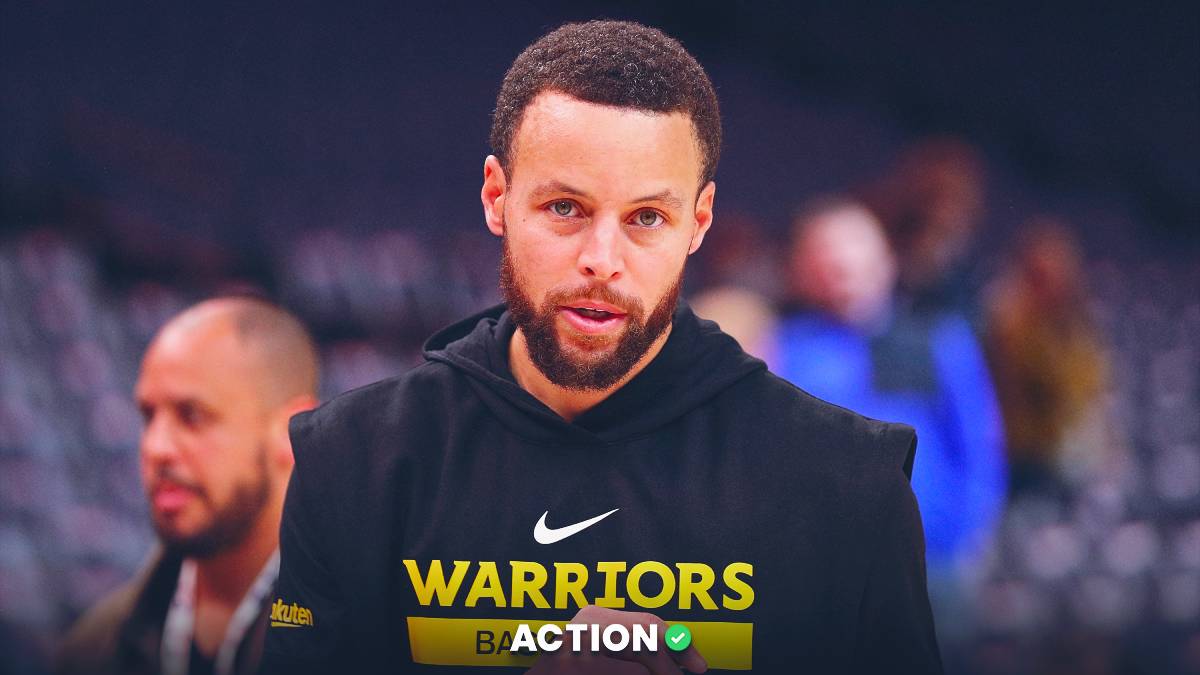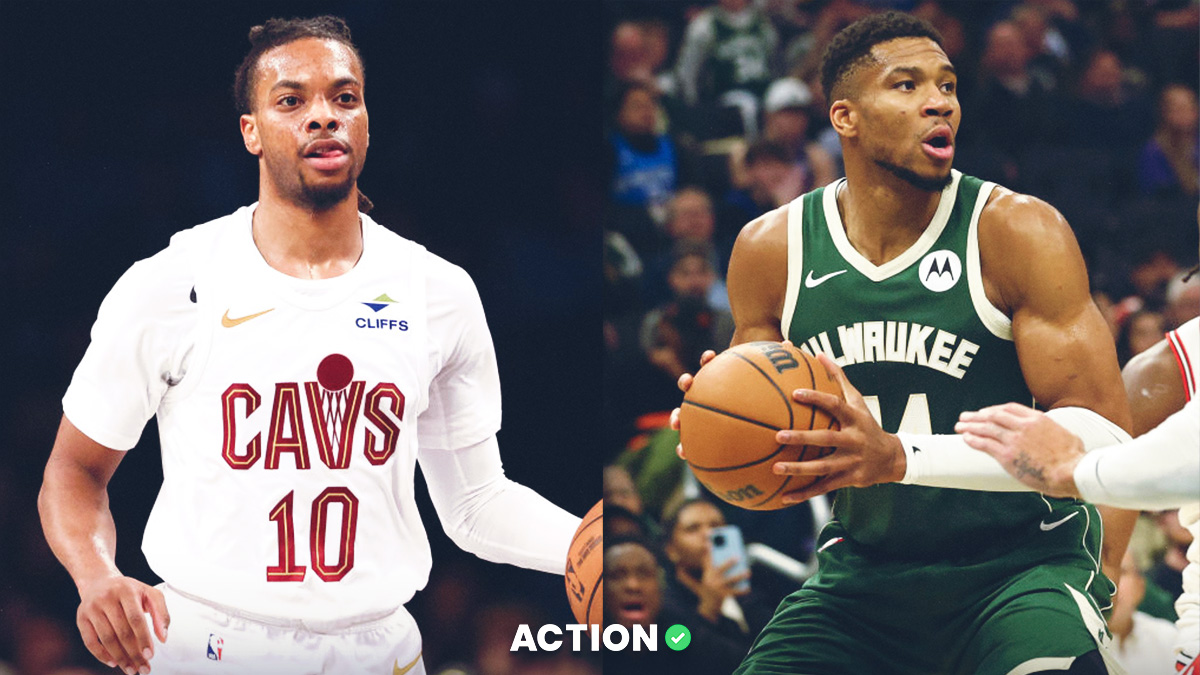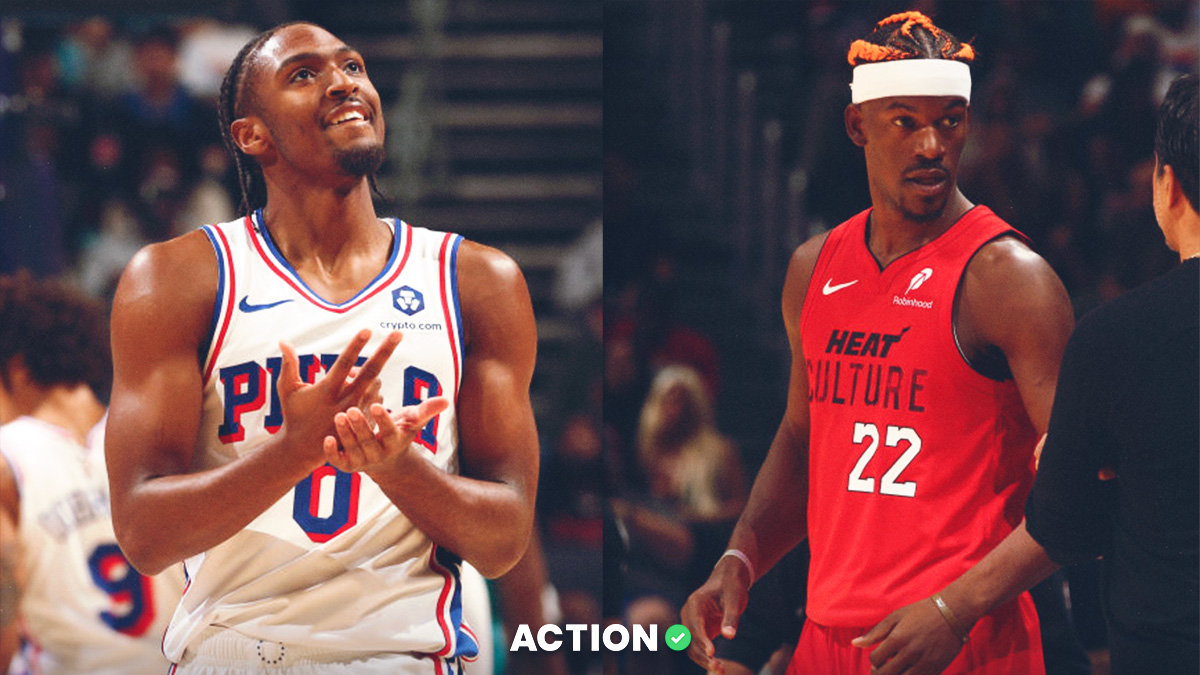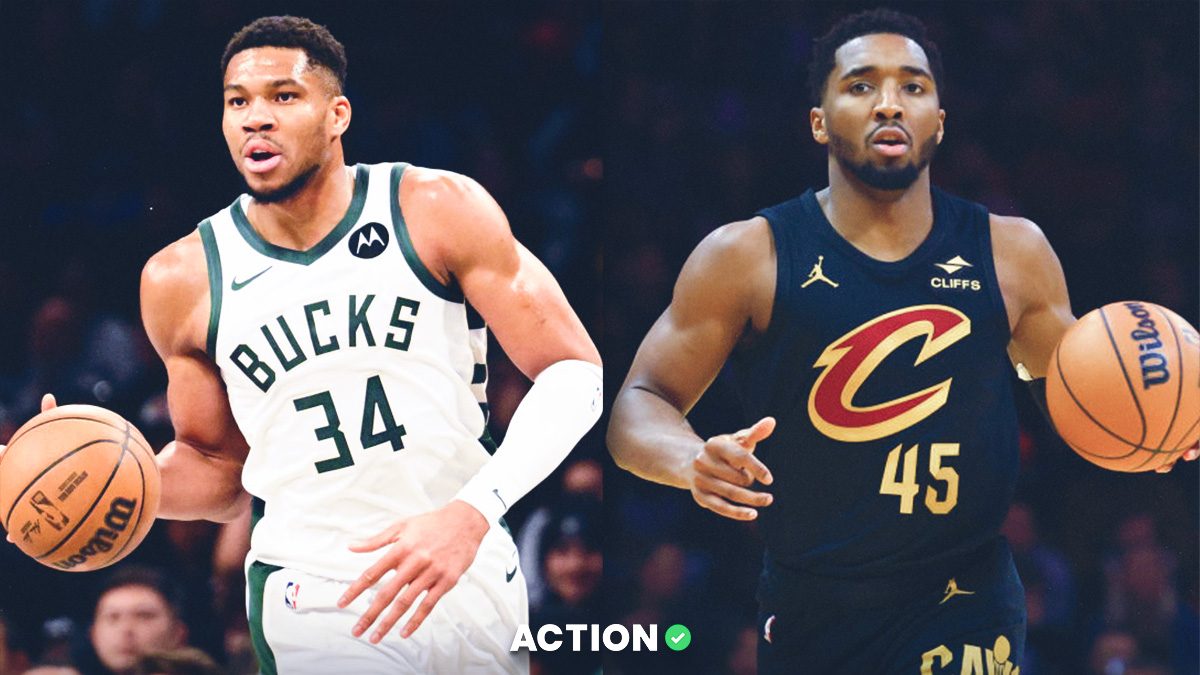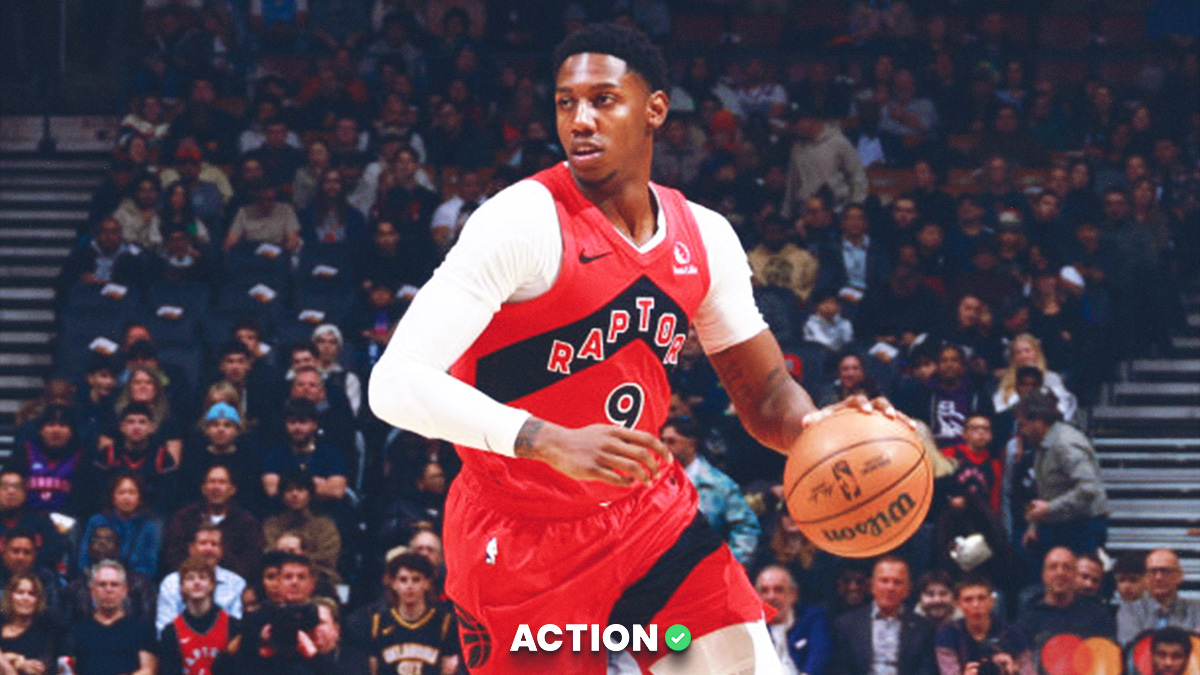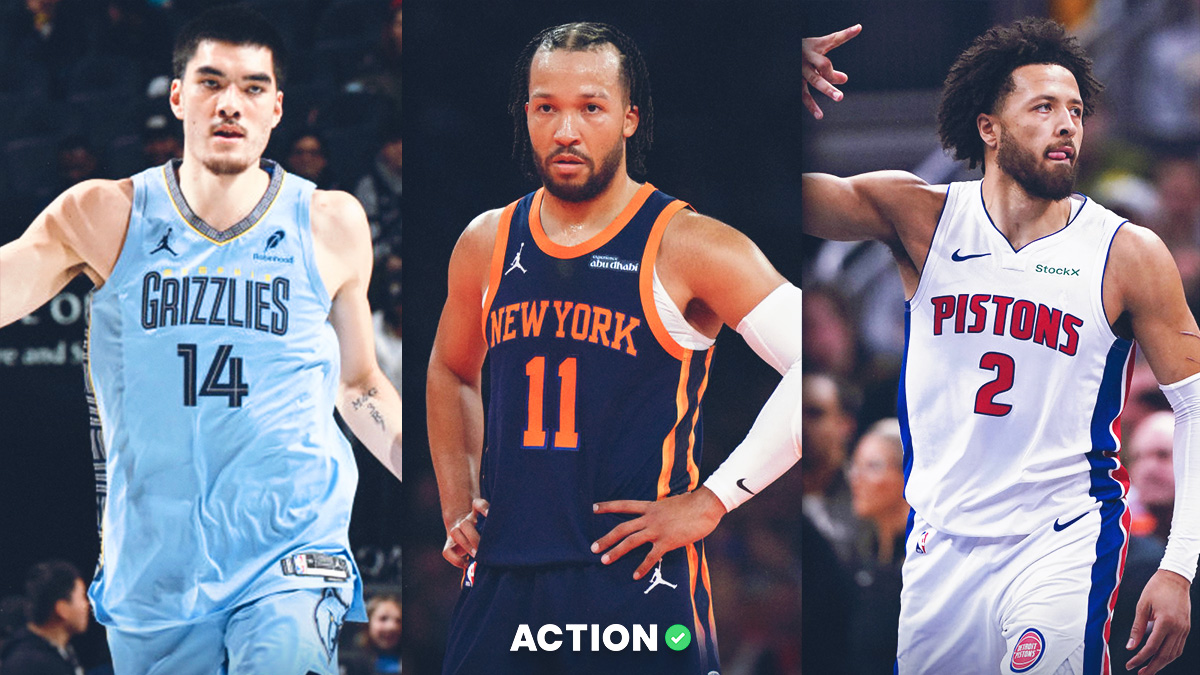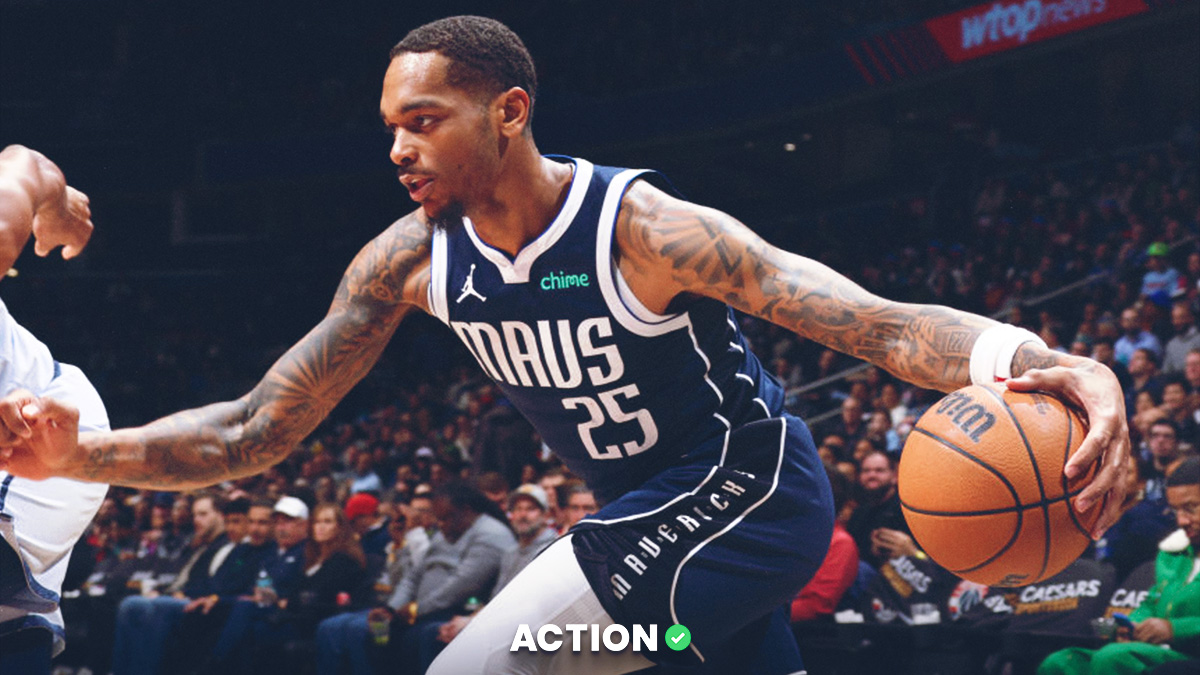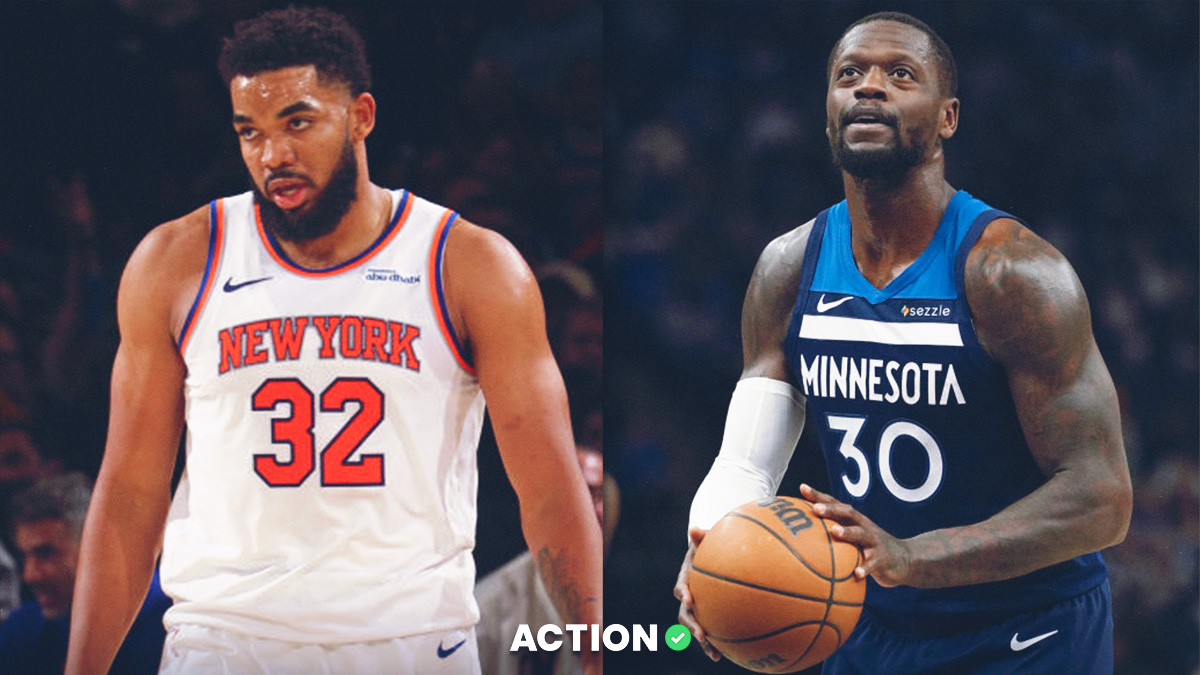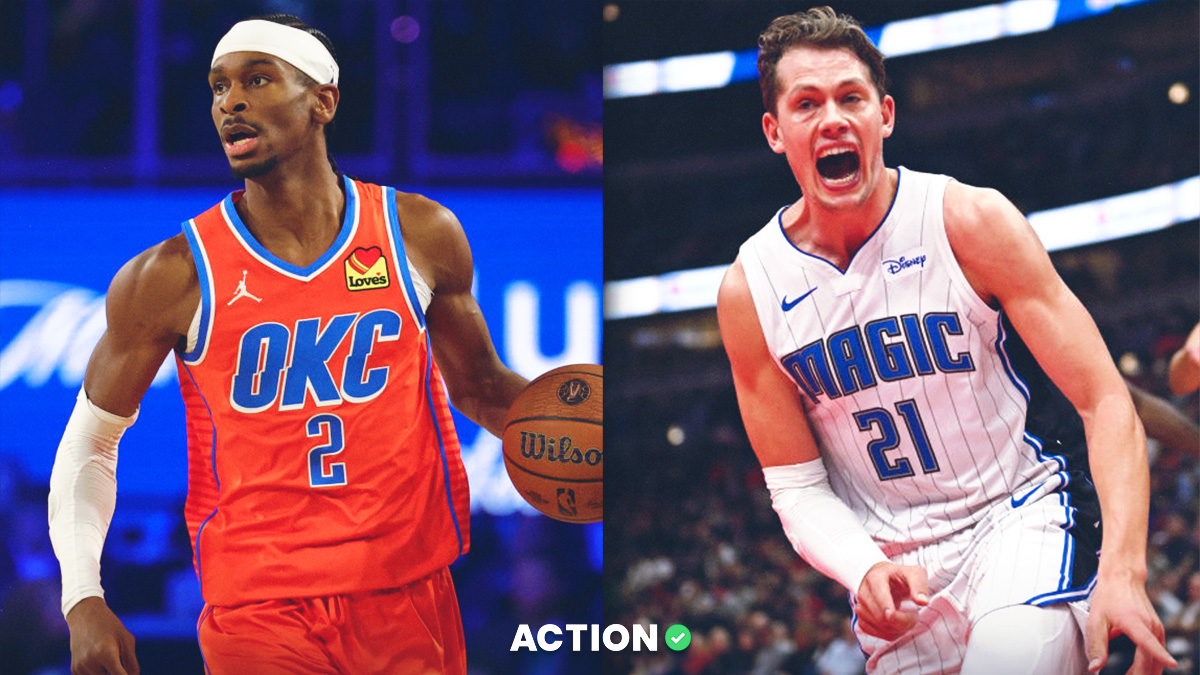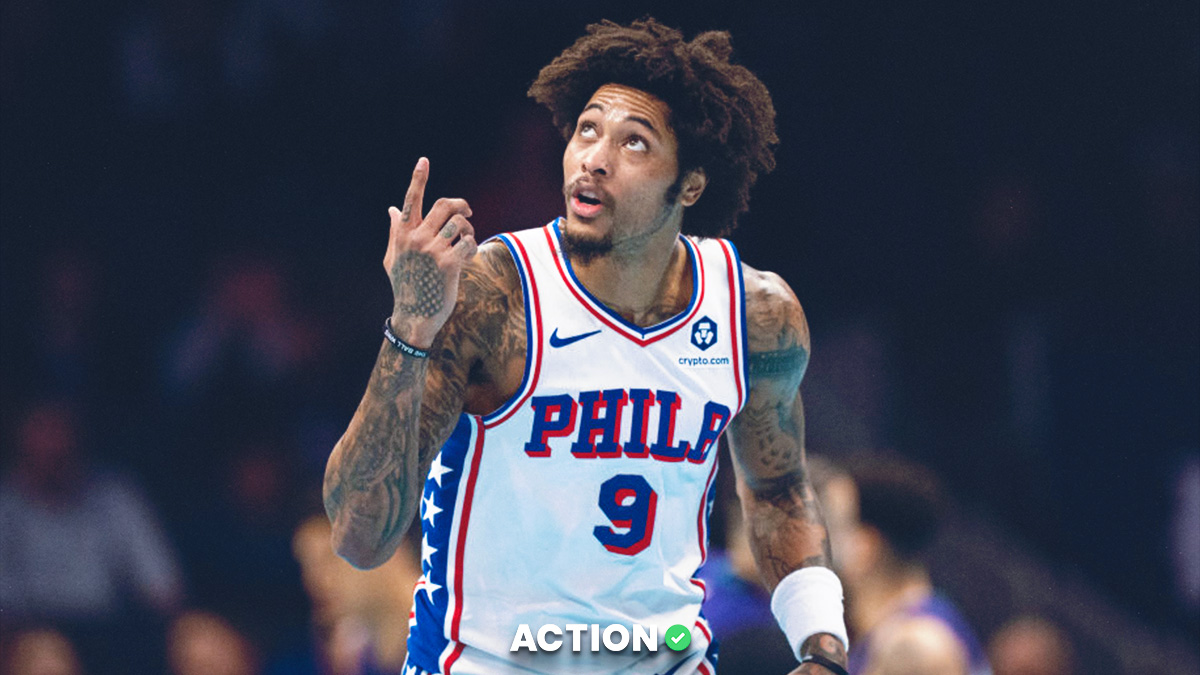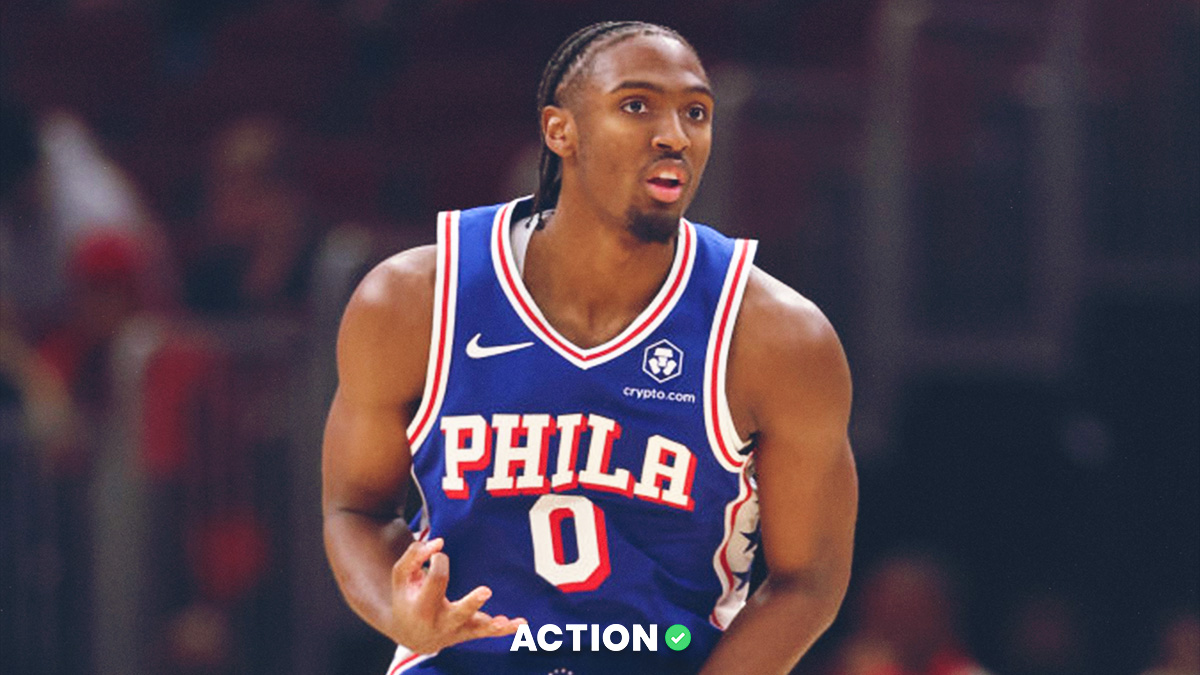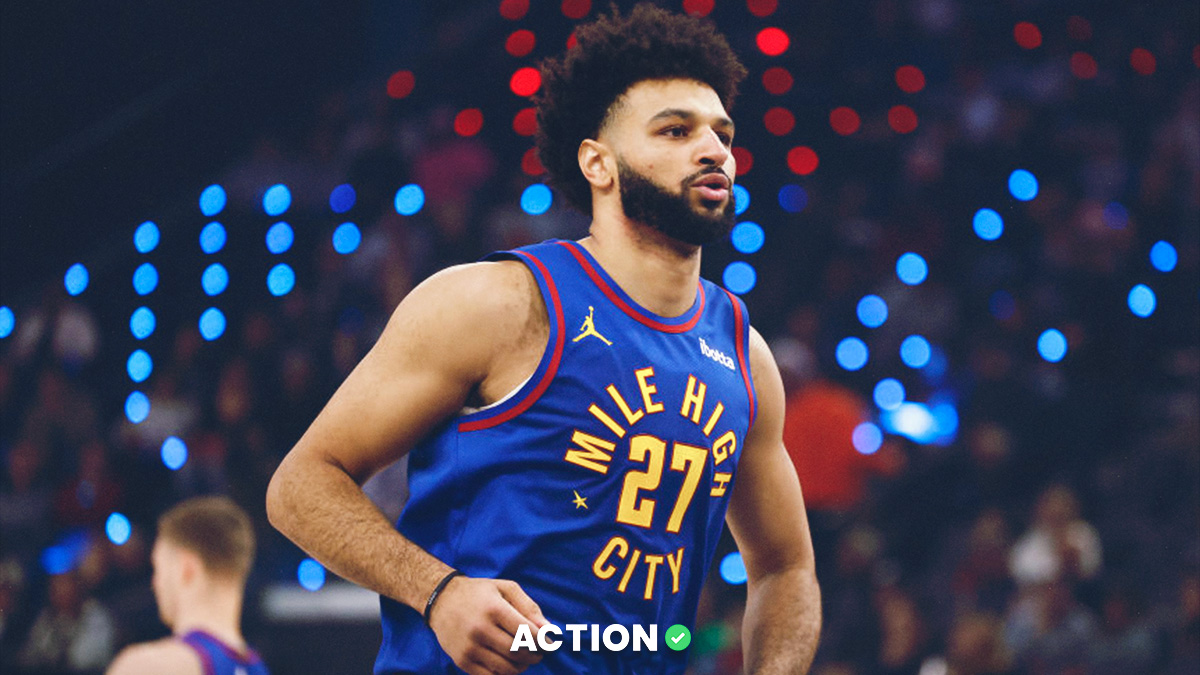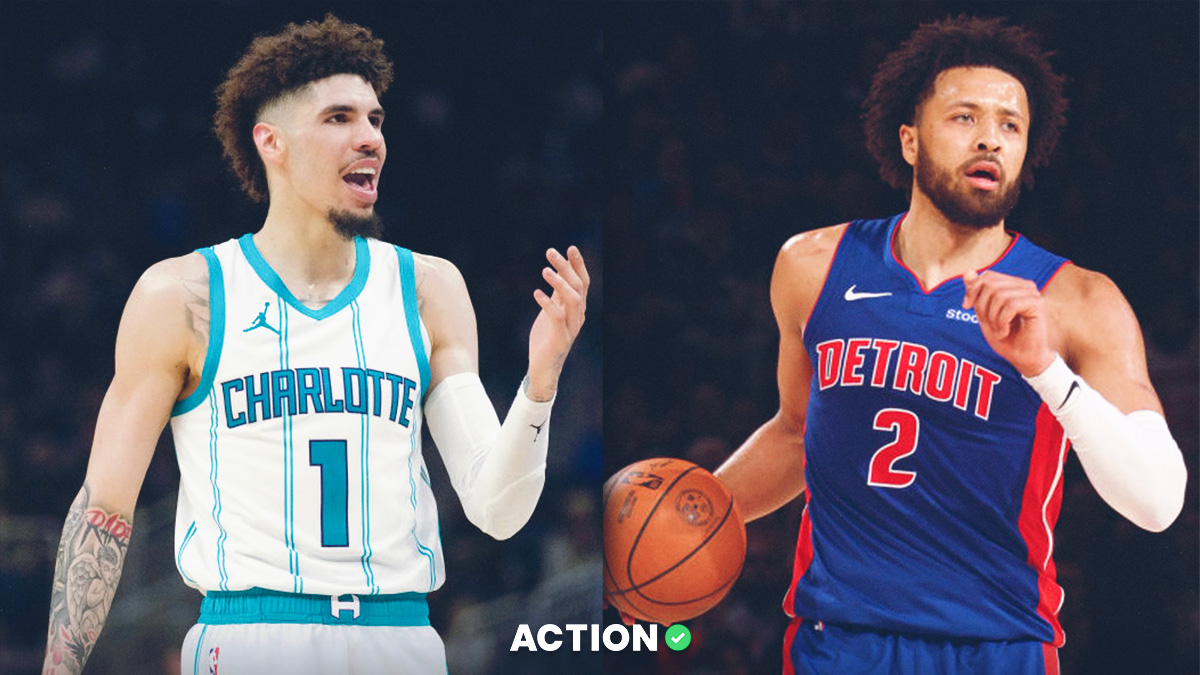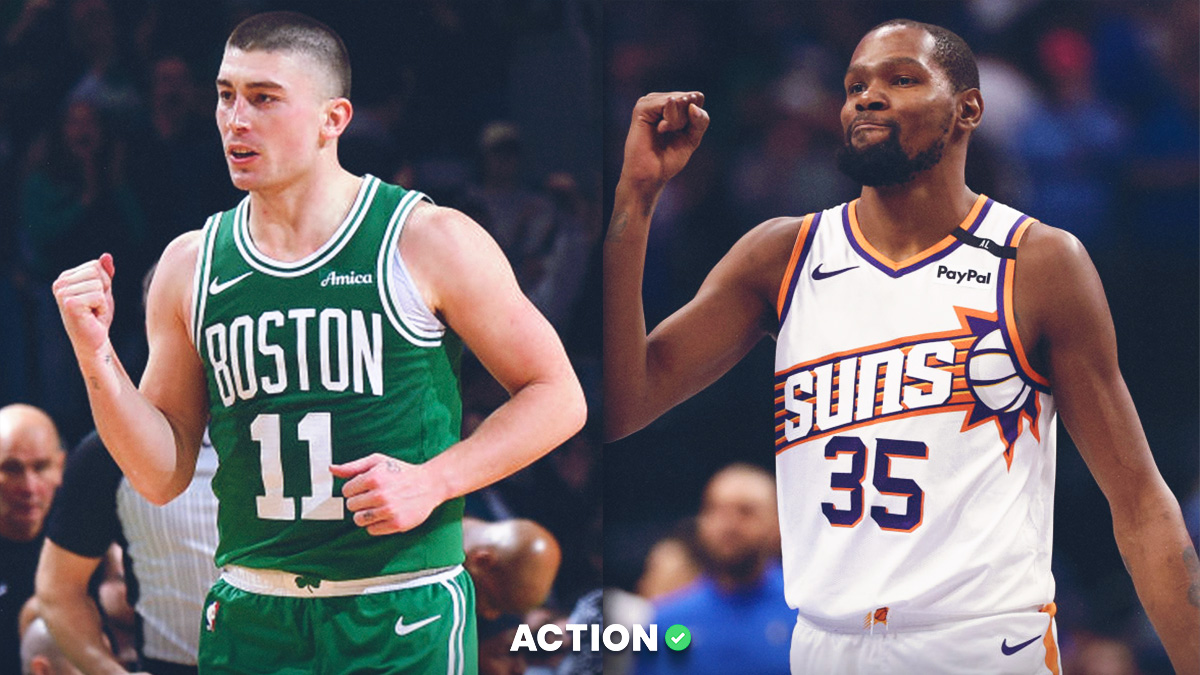Let's take a trip down memory lane over the last month.
April 24, 2019
- Damian Lillard is the best story of the NBA Playoffs
- "Unstoppable" Damian Lillard sets social media on fire
- Damian Lillard makes his case as a top-five player in the world
May 21, 2019
- The Impossible Burden of Damian Lillard
- Lillard, Blazers clinging to pride at playoffs' edge
- Splash Brothers? Damian Lillard, CJ McCollum 'look like the Trash Brothers’ against Warriors
And, of course, the sage:
Steph Curry>>>>>>>>>>>>>>>>>>>>>>>>>>>>>>>>>>>>>>>>>>>>>>>>>>>>>>>>>>>>>>>>>>>>>>>>>>>>>>>>>>>>>>>>>>>>>>>>>>>>>>>>>>>>>>>>>>>>>>>>>>>>>>>>>>>>>>>>>>>>>>>>>>>>>>>>>>>>>>>>>>>>>>>>>>>>>>>>>>>>>>>>>>>>>>>>>>>>>>>>>>>>>>>>>>>>>>>>>>>>>>>>>>>>>>>>>>>>>>>>>>>>>>>>>>Damian Lillard.
— Skip Bayless (@RealSkipBayless) May 21, 2019
What happened?
For most people, the difference between where Lillard was a month ago after beating Oklahoma City, shutting up Russell Westbrook (at least for a few months) and looking like a top-five NBA player compared to the Warriors series where he looked helpless is one of "he's not that good," "he was injured," or "the Warriors are just better."
Now, it's true that the Warriors are better. The Blazers beat two teams that were at least as good if not better than them on their way to the Conference Finals, and Golden State remains a juggernaut even without Kevin Durant. It's not true that "he's not that good," because we've seen it. Those games vs. OKC did count, they did matter, as does the rest of his career, during which he's been a phenomenal top-five point guard and arguably the best leader in the league.
His separated rib injury certainly matters; it's always tough to play through the injury. But the reason Lillard adamantly tried to downplay it is that he knows everyone is dealing with something this time of year. There are no excuses. That's the burden.
So here's what we're not going to do. We're not here to acquit Lillard and say that his performance in the Conference Finals vs. a vastly superior team didn't matter. It did. We're not here to bury him as a choker fraud who can't come through in the big moments. He's not, that's stupid, please stop thinking in those terms.
What we are going to do is try to use Lillard to understand something vital about where the NBA is at in 2019 and the specific relationship that the Warriors have to that dynamic that sets them apart from everyone else. Because here's what these playoffs have taught us not only about Damian Lillard, but about James Harden, Nikola Jokic, Russell Westbrook, Rudy Gobert, Blake Griffin, Kyrie Irving and Joel Embiid — and that we may be learning about Giannis Antetokounmpo and Kawhi Leonard as well…
(Almost) everyone is solvable.
THE SCHEME
I broke it down about five times, but just to go over it again: Lillard averaged 33-4-6 on 46-48-85 shooting splits vs. the Thunder, who in astonishingly dumb fashion decided to single-cover Lillard. He averaged a +11.0 Net Rating in that series.
Against Denver, he averaged 25-5-6 on just 41-29-80 splits. He averaged a -3.1 Net Rating in that series; they blitzed him, hedging the big at the level of the screen and sending the guard to chase him wildly, forcing the ball out of his hands. He got the volume, but not the efficiency, nor the impact. He had a 39-point and 28-point game where it felt like he wasn't even there.
Against the Warriors, he averaged just 22-5 but with 8.5 assists per game on 37-37-89 percent shooting splits. He was forced to give the ball up more and made plays, but the overall offense was worse than the Denver series by 4.3 points per 100 possessions with him on the floor and 12 points compared to the OKC series. The Warriors outscored the Blazers by 11 points per game in the time Lillard was on the floor.
Here's what it looks like:
Lillard turned the ball over 20% of the time when blitzed in these playoffs, up from 15% in the regular season; that's a huge number when every possession is so valuable.
It also just disengaged him. "Logo Lillard" can absolutely hit from 40 feet… but he needs to step into it. He can't step back from 40 the way, say, Steph Curry can.
But this isn't about what Lillard can or can't do. This is totally reasonable! If you commit two big, long, active, smart defenders to a player, you should be able to shut him down and make him a nonfactor.
We seem to have forgotten this, however, and expect all players to constantly succeed no matter what the terms are. Like Jordan, right?
Pay close attention to how often Jordan is met at halfcourt with two defenders, how often he's blitzed, how often the double is there before he makes his move instead of during it:
Don't get me wrong. You could throw those doubles at Jordan and he scores through them. That's what the GOAT does. But defenses were just wired differently in those days.
But we've seen this consistently in these playoffs: James Harden was met with one defender high, one defender middle and another if he managed to get through.
The Jazz employed the whole scheme specifically built to stop him — the famous "Bucks Behind" defense:
Giannis Antetokounmpo is seeing a phalanx of defenders trying to get between him and the rim. They're not just sending help defenders — they're sending two help defenders in specific spaces to obstruct his spin move and passing lanes.
I've been doing this for going on 13 years now, and I've heard the "how do you slow down/stop (star player)" question asked hundreds of times, and the responses are always the same. "Just make it hard for him." "Make him work." "Stay disciplined." Even in those banalities, there's truth in them. In the modern NBA, you're able to take away, as a series goes along, what a player wants and then what a player needs and drag him down.
So what about those players who really are "unstoppable"? What's the difference between them and their counterparts?
- LeBron James: James is "slowable." Go back to the 2015 series where the Warriors hit him with Andre Iguodala in space, Klay Thompson helping and Draymond Green at the rim. In 2016, with Kyrie Irving back, he had just enough to go supernova, but everything was difficult. He is so physically dominant and so skilled and had the teammates to score on their own. That's what it took to beat the best team of all time and, I guess, make them "not the best team of all time."
- Kevin Durant: You can deny him the ball when he's not surrounded by four Hall-of-Famers. That's what worked in OKC — denying him the ball in the high post so he couldn't get to his spots. Now it's entirely different because of the space and pace with which he plays. What will be really interesting is to see him next year, and if this new version of KD — stronger, smarter, better — really is unguardable if he has anything at all next to him.
- Kawhi Leonard: Leonard is about as close to unstoppable as it gets honestly. There's a reason I routinely make the "qualitative-not-quantitative" comparison. (Leonard isn't as good as Jordan, but man do they look similar sometimes.)
The reason that MJ comparison matters is that Leonard is best in the same situations. He's not a dynamic playmaker who does it all like LeBron James. He's not an overpowering athletic freak or a 7-foot sharpshooter like Durant.
He's a lethal isolation scorer. But those possessions are so often hit or miss; it's trying to draw efficiency through inherently inefficient shots, and partly because of his leg injury, but partly also because those shots are most often contested, his efficiency has hit a lull.
He's shooting just 34% (39.2% eFG) on jumpshots in the Bucks series. Trying to maintain efficiency vs. a good defense on inherently inefficient shots is difficult. It's what separates out James and Durant: the ability to take guys off the dribble and make plays for others.
Then… there's Steph Curry.
Let's clear up what I'm not saying here:
- I'm not saying Curry is solvable. He's too good from absurd range, moves too quick and too constantly off-ball, is too good at stepbacks, has enough vision to make teams pay.
- I'm not saying Curry is "only good" because of his teammates.
But, for reference, here's Damian Lillard vs. a blitz:
Now, look, Zach Collins showed a lot in these playoffs and could become a real threat with his range. He played hard and well in this postseason run. He's just not elite.
And a lot of times, Lillard was hesitant to hit his short-roll options, because they were an inexperienced Collins, Meyers Leonard (who had 25 in the first half of Game 4… and then five points in the second half and was largely a disaster all year) and Enes Kanter (played five minutes in the second half; guess you can't play Kanter after all).
Here's Curry vs. the blitz:
Now, just for fun. Let's imagine if Dame had Draymond Green:
Two small defenders. Two blitzes from length. Two outlet passes. Green is one of the best short-roll players in the league, and Klay Thompson is constantly spacing the floor. Usually, Kevin Durant is out there with him.
If you blitz Curry, the Warriors are getting something else with a huge expected point per possession outcome. If you blitz Lillard and face-guard CJ McCollum… the Blazers are not getting such an outcome.
Now, to be clear, Curry can still step back vs. a double and hit from 35 feet. Lillard is excellent stepping into logo shots, as I mentioned above, but Curry's good at stepping back for them, like no player in NBA history. He'd still get his if you swapped his and Dame's places.
This is all an overly-complicated way of saying you have to surround superstars with good talent for them to have monster games. Which is obvious, but needs to be stressed. It's not about these players being less than their counterparts; even LeBron was slowed down in 2015 and 2018 by the Warriors' high-level defense. It's why the Cavs surrounded him with one of the best 3-point shooting teams ever. (In 2017, the offense was there and the defense was what allowed the Warriors to romp.)
If you swap Draymond Green and Al-Farouq Aminu (a good player, by the way) in that series, how does it play out? Curry, a turnover-prone player (his one weakness) is getting blitzed by Green and another defender. If Durant is there, sure, the whole thing flips. But let's say Durant's injured still, and the only other real threat is Klay Thompson. Andre Iguodala can do a little on the short roll, but it's not a comfort zone.
It takes the exact combination the Warriors have to make them so unsolvable.
Star players shouldn't be described as choking or failing when faced with these kinds of defensive approaches. If you get open looks consistently, 1-on-1, and can't deliver? Then sure.
But we should realize where defenses are in 2019, how much help can be brought compared to the 90s when illegal defense existed, how sharp and smart and athletic defenders are and the high bar players have to get to. You can't beat your guy to the rim if your guy is being helped by a rim protector. You can't make the right play if the right play is spotting up an inconsistent shooter.
The bar is way higher, and beyond the Warriors, who have an answer for every possible defensive approach, the reality may be that series are decided not by which superstar steps up, but by who is able to scrape by.


